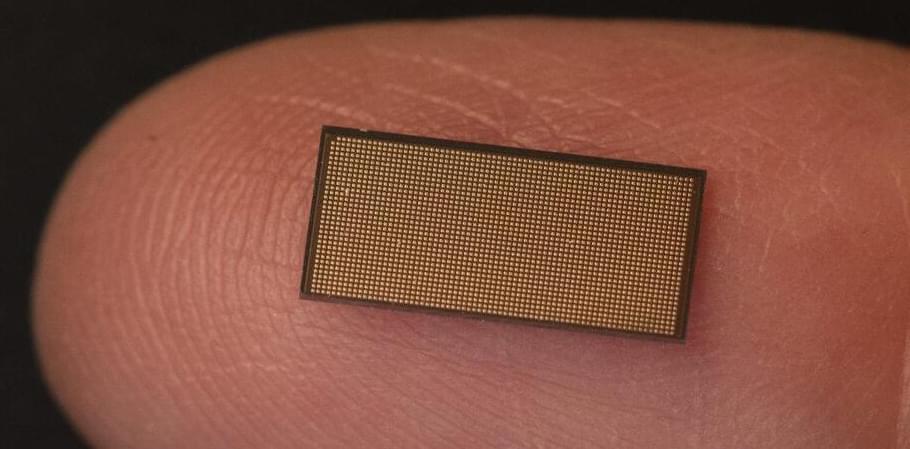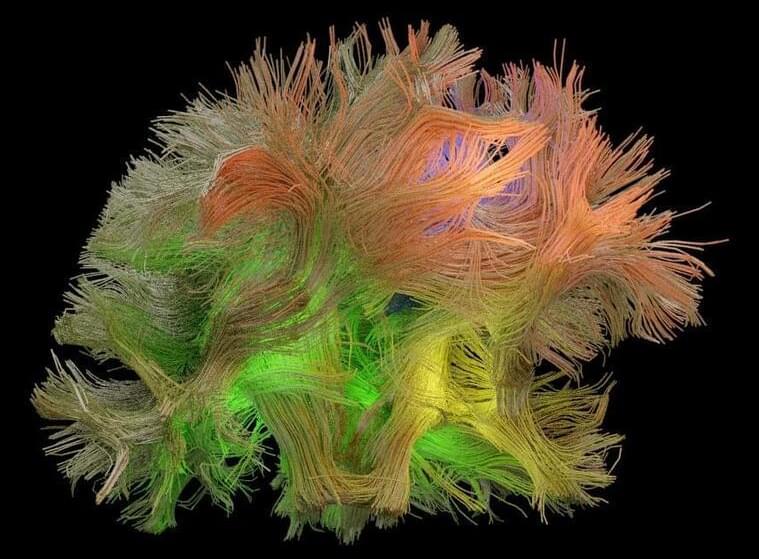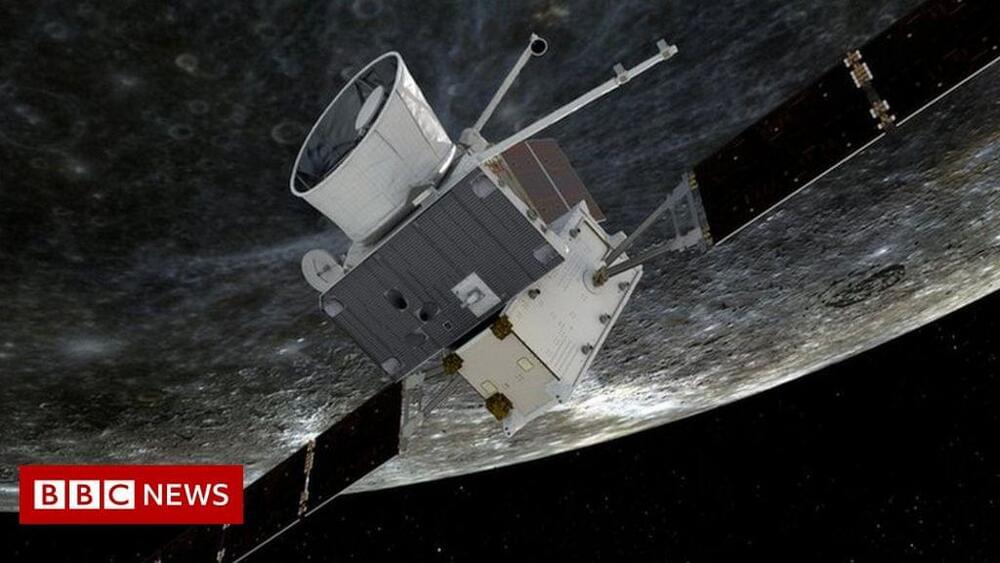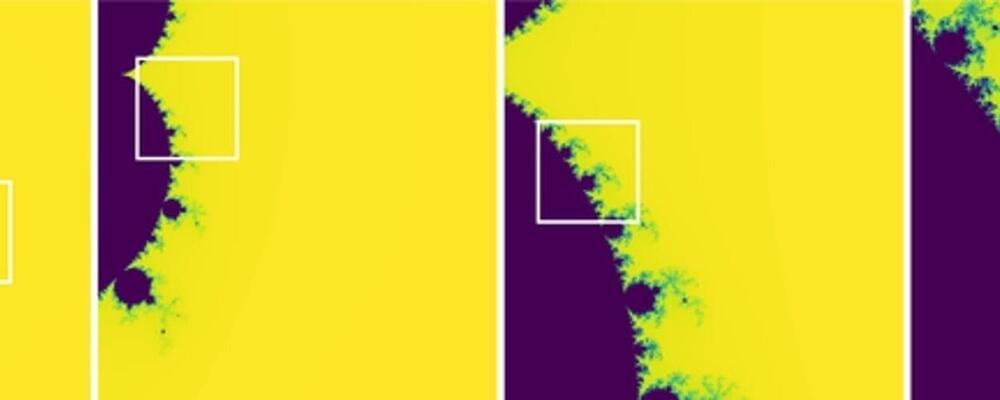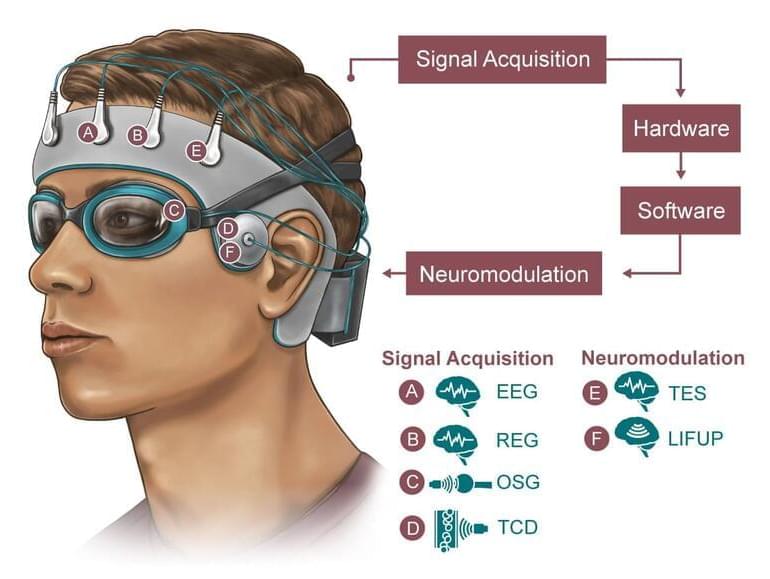Developing drugs for a range of tauopathies — dr leticia toledo-sherman, senior director, drug discovery, tau consortium, rainwater charitable foundation.
Dr. Leticia Toledo-Sherman is Senior Director of Drug Discovery of the Tau Consortium (https://tauconsortium.org/) for The Rainwater Charitable Foundation (https://rainwatercharitablefoundation.org/medical-research) and also holds an appointment as Adjunct Assistant Professor of Neurology at UCLA.
Dr. Toledo-Sherman leads drug discovery activities for an international network of scientists working to develop therapies for Tauopathies, a group of neurodegenerative disorders characterized by the deposition of abnormal Tau protein in the brain.
Previously, Dr. Toledo-Sherman was Director of Medicinal Chemistry and Computer-Aided Drug Design at the CHDI Foundation, leading drug discovery programs for therapeutic development in Huntington’s Disease (HD). At CHDI, she also led a structural biology initiative critical to the understanding of the relationship between structure and biological function of huntingtin, the protein that when mutated causes HD.
Prior to joining CHDI, Dr. Toledo-Sherman was Executive Director of Chemistry at Lymphosign (now part of Pharmascience Inc), a privately held biotechnology company that applied rational design principles to the development of therapeutics for blood cancers. From 2000 to 2,004 she led a multi-site, multidisciplinary team using chemical proteomics and bioinformatics to discover therapeutic targets and to investigate the mechanism of action of drugs.
